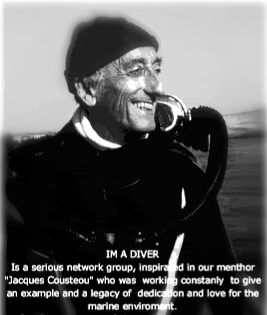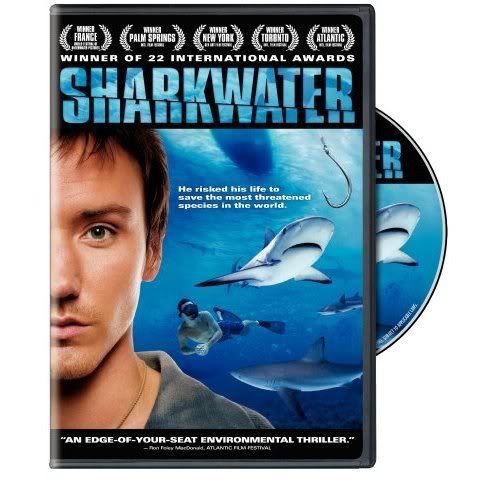
On the day IFAW was founded in 1969 to end Canada’s commercial seal hunt, the harp seal population was on the road to extinction. Since then, the campaign to save the seals has become an icon of the animal welfare movement.
IFAW’s most significant achievement has been the securing the European ban on the import of whitecoat harp and blueback hooded seal pelt products. This single success eliminated the primary market for seal fur and saved well over a million seals.
By continuing the campaign long after many other groups gave up the fight, IFAW has blocked repeated attempts to renew the hunt for whitecoats and bluebacks, helped thwart repeated efforts to weaken the U.S. Marine Mammal Protection Act, and continues to recapture the public attention about the need to protect these animals, and others, from inhumane commercial exploitation.
But thanks to government subsidies and increased harp seal quotas over the past ten years, the seal hunt is back and worse than ever. The animal cruelty to seal pups as young as two weeks old, whether beaten or shot, is both unnecessary and wasteful. As we do every year, IFAW hunt monitors will gather the information we need to continue educating politicians and the public about the many scientific, economic and moral reasons to end the commercial seal hunt in Canada once and for all.
As we again face a renewed hunt, as well as additional threats to the seal population from global warming, there is new hope. Hope such as the recent ban in Belgium on the import of all seal products and the additional momentum behind similar bans in other European countries. But hope most of all, from supporters like you who continue to voice your outrage and gather others to stand with you in telling the rest of the world what is really going on off the East Coast of Canada.
Removing so many animals from any one population places the species at an unnecessary and significant risk. Over the last few years, the Canadian government has raised the annual seal hunt quotas to the highest levels in history, killing almost a million seals in just a three year period. The Total Allowable Catch quota for seals was 85,000 animals higher in 2006 than the “sustainable yield” estimated by Canadian government scientists.The history of wildlife conservation shows that when large mammals like seals have a price placed on their heads – or hides – the end result is almost always overexploitation. To ensure that wild populations are not put at risk by human activity, a precautionary approach is needed. Yet the DFO management plan does not adequately account for either scientific or environmental uncertainty.
A recent scientific study released by IFAW also shows that in nine of the past eleven years, average ice coverage has fallen to well below levels seen over the last 37 years. This lack of stable ice is negatively impacting the harp seal population which requires sea ice for pupping and nursing its young.
The Canadian government has indicated that it is dedicated to taking ‘real action’ on global warming. Why do they not start by ending the unsustainable and unnecessary hunt for harp seals?
A recent scientific study (Leaper and Matthews 2006) examining the Canadian government’s approach for determining the population status for Northwest Atlantic harp seals revealed that the current approach to managing the seal hunt risks seriously depleting the harp seal population by as much as 50 to 70 percent over the next 15 years.


No comments:
Post a Comment